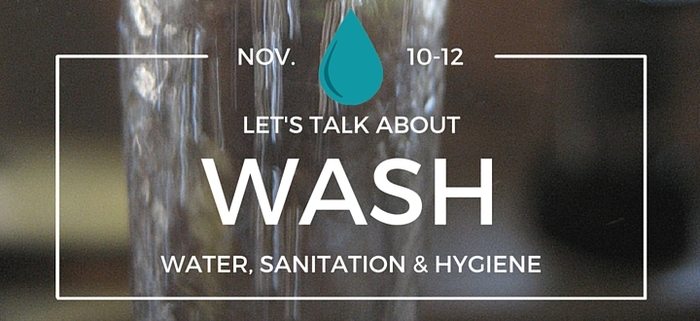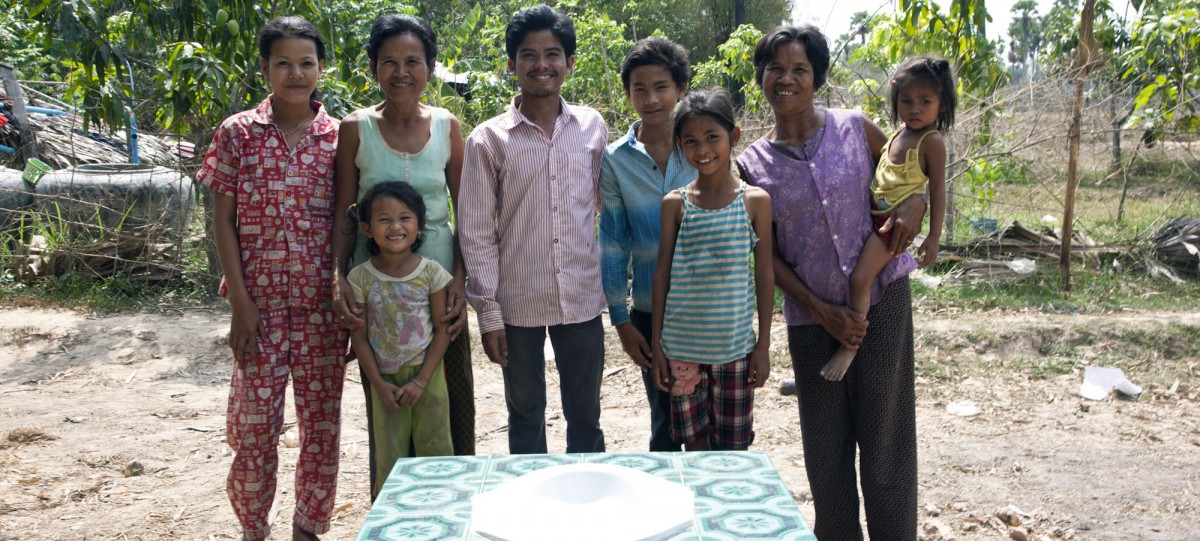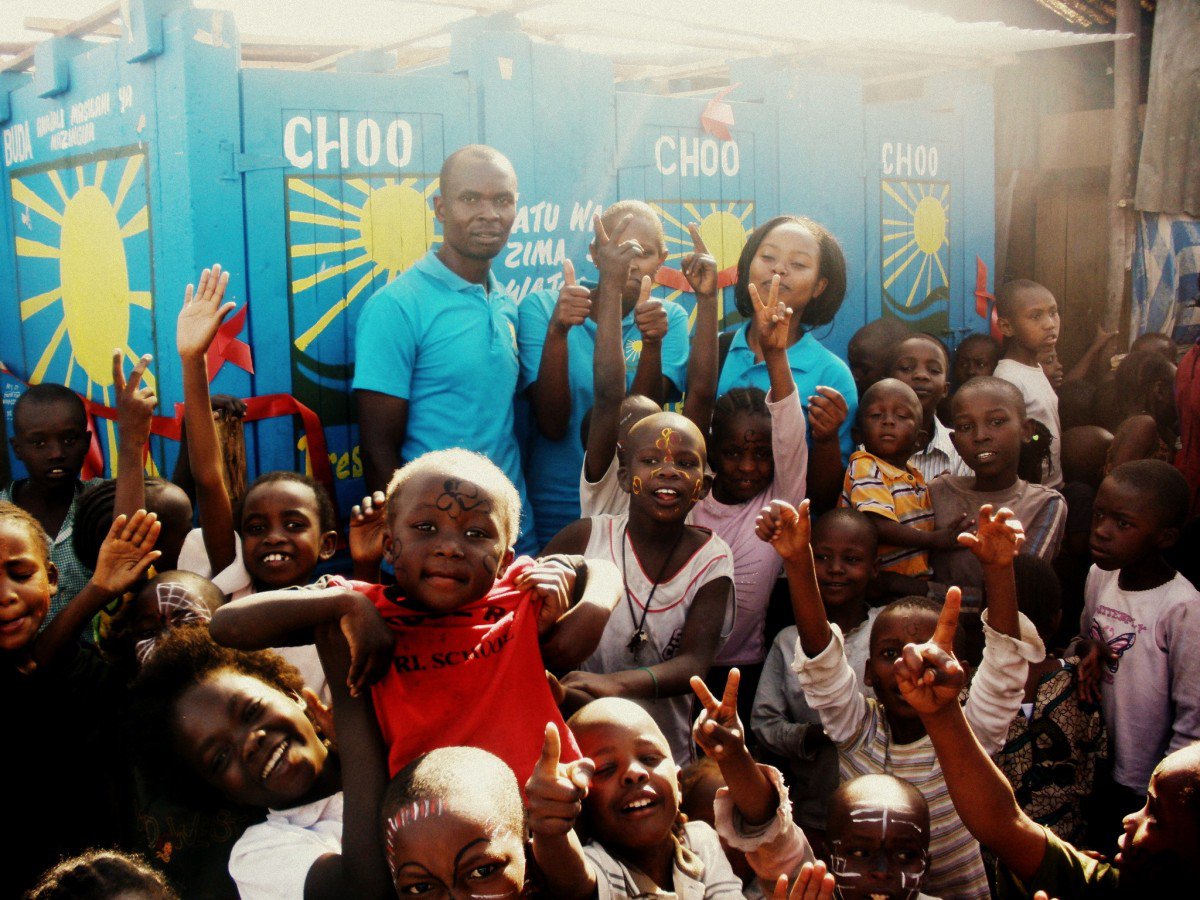In 2000, the UN General Assembly committed to Millennium Development Goal (MDG) 7C:
Halve, by 2015, the proportion of the population without sustainable access to safe drinking water and basic sanitation.
By 2010, five years ahead of the deadline, the target for access to safe drinking water had been met. Yet, every day, hundreds of millions of people remain without access to an adequate source of drinking water, and 2.5 billion individuals lack access to basic sanitation.
This November, the Global Engagement Forum in Washington, D.C., will bring together leaders and innovators to discuss how individuals and institutions can take ownership of Goal #6, to ensure access to water and sanitation for all. (Early bird tickets are on sale now on Evetnbrite: http://bit.ly/1HJ6KV8). In anticipation of the fall event, here are some of our favorite stories from around the world about powerful market-based approaches making progress on WASH.
1. iDE Uses Human-Centered Design to Improve Sanitation in Cambodia
International Development Enterprises (iDE) is working to re-invent the business of sanitation using human-centered design to guide their approach. iDE understands that using a toilet is not only a very personal activity, but also cultural. How a person uses a toilet varies greatly from market to market, between genders, and among classes. Sending cookie-cutter toilets that are not designed with the user in mind will not encourage behavior change.
“Fixing the sanitation problem not only creates an industry that can fuel economic growth, but also plugs the leakage of wasted capital. Poor sanitation is not only linked to massive health problems but also stunted growth and poor performance at work and school. The wealth leakage related to sanitation problems doesn’t just affect individual families or villages—but an entire country’s economy.”
Read the story here: http://bit.ly/1fb7dBA
2. Partnerships Power Efficiencies in Water Management in the Netherlands
The World Bank predicts that, by 2025, water demand will exceed supply by 50 percent. That number is global, but in reality, it’s a very site specific challenge. In water stressed regions that number could be a 200 percent mismatch of supply and demand. In Terneuzen, a mid-sized city in the Netherlands, an innovative recycling system enables a Dow Chemical facility to process more than 2.6 million gallons of household wastewater every day, which is treated and then converted into high-pressure steam that is used within the plant. After the steam is used in production processes, the water is subsequently distilled and used in cooling towers where it will eventually evaporate into the atmosphere.
The partnership has reduced the plant’s energy use by 95 percent when compared to the energy cost associated with the conventional alternative of desalination. “The amount of fresh water that we avoided taking out of the ground in the Netherlands left more for the community, more for agriculture, and more for what I like to call, a higher-order source,” said Snehal Desai, Global Business Director for Water and Process Solutions at Dow.
Read the story here: http://bit.ly/11QqWYJ
3. Building a Mobile Sanitation Supply-Chain in Ghana
Clean Team Ghana’s innovation-oriented business model enables consumers whose homes are not served by municipal sewage systems to rent portable, in-house toilets. Clean Team works to make in-home sanitation the norm—an essential household expense that benefits the whole family. The business collects the refuse several times per week and is working toward turning it into energy, fulfilling one of society’s most basic needs—sanitation—with the bonus of a positive by-product. Clean Team was developed through a collaboration among Unilever, IDEO, and WSUP Enterprises. The model’s approach, which was informed by in-depth market analysis, aims to scale through the modest investment of return-seeking capital.
Read the story here: http://bit.ly/1fwg45y
4. Investing for Sustainability, Scale, and Innovation in Kenya
Sanergy, a company based in Mukuru, one of the largest slums in Nairobi, provides access to badly needed sanitation services through a new service model that brings cleanliness, safety, and dignity to urban public toilets. Not only does Sanergy increase incomes through a toilet micro-franchise model, but they also convert the human waste into organic fertilizer. Appropriately directed and supported, social enterprises like Sanergy can develop, pilot, and scale new ideas that have the potential to change entire systems and revolutionize how a good or service is provided to those in need.
Read the story here. http://bit.ly/1f06Eyy
Will you join us in rising to the WASH challenge? New Global Citizen is proud to be a media partner for the Global Engagement Forum. Register today on Eventbrite to take advantage of early bird prices through September 30, 2015 to join the conversation at this exciting event. Join the conversation on Twitter and Facebook at #SDGforum.
Want a preview? Tune in September 17 at 11:00 a.m ET for the PYXERA Global WASH webcast here.
Melissa Mattoon
Melissa Mattoon is the Design and Publication Manager at the New Global Citizen where she seeks to showcase the impact of innovative leadership and global engagement around the world. She is also the Communications Coordinator at PYXERA Global.







